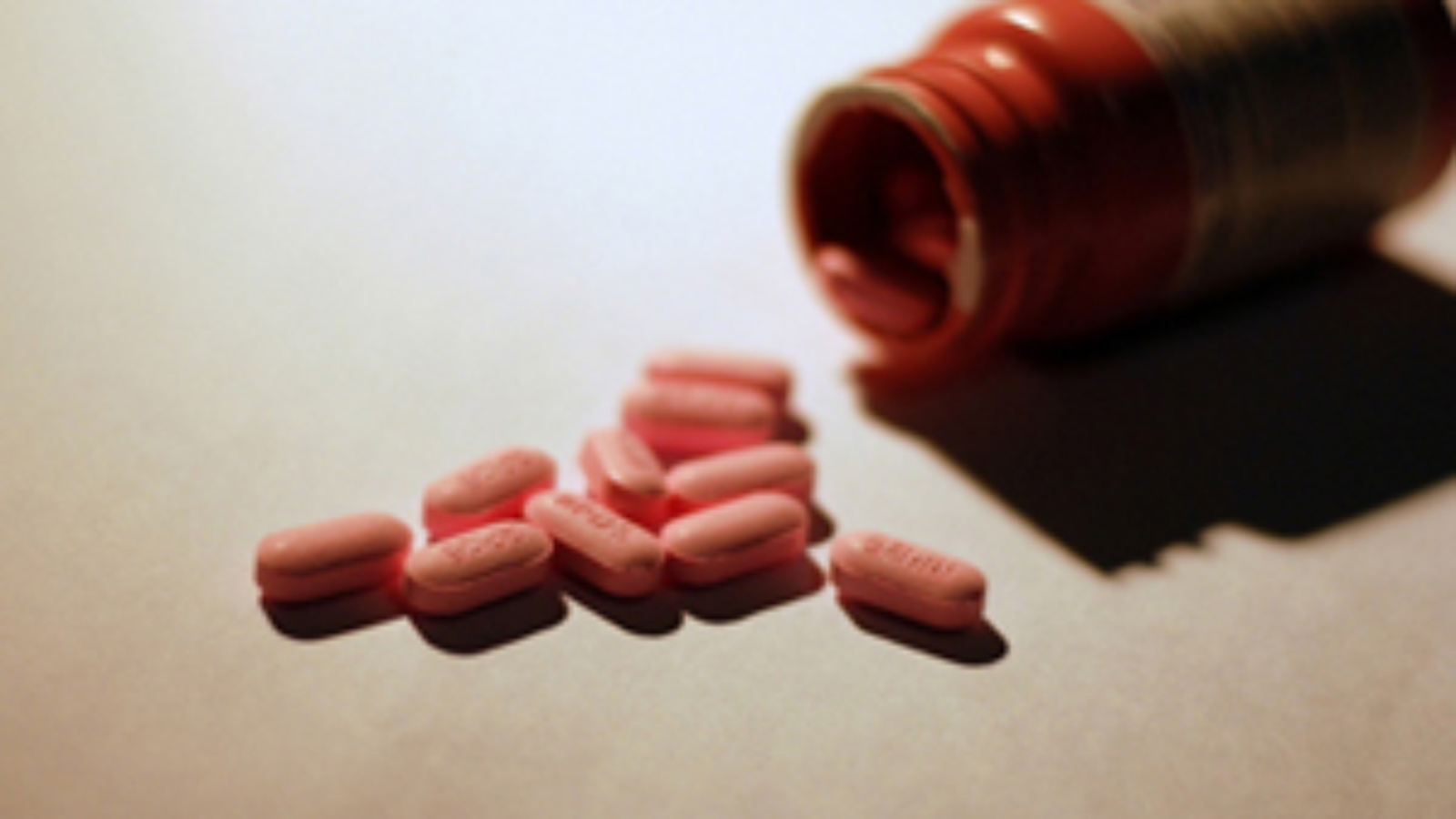The World Health Organization fears that East African anti-counterfeit legislation has gone too far, indirectly banning the affordable, generic drugs vital for the general population.
In an effort to wage war against new strains of drug resistant diseases, Uganda and Kenya have drafted laws limiting the sale of counterfeit drugs. Counterfeit medicines, which can be either fake or of substandard quality, promotes viral mutation and, ultimately, drug resistance. Removing counterfeits from the market should, in theory, reduce the rate of mutation and resistance.
However, it appears the East African legislation may be too encompassing, incorporating certain generic drugs that provide cheaper alternatives to the leading pharmaceutical medications.
“National legislation on counterfeit medicines has to be very carefully drafted. If the definition of counterfeits is too wide, it may lump together actual counterfeit and fake medicines with generic medicines,” says Hans Hogerzeil, WHO Director of Essential Medicines and Pharmaceutical Policies.
The breadth of the new laws reflects a pervasive problem in the developing world—forging generic drugs. According to researchers, creating fakes from generics is a far simpler process than knocking-off patented medicines.
Analysts recommend that instead of passing the new legislation into law, African governments should strive to strengthen “national regulatory authorities” that monitor the importation of all drugs and which are better equipped to distinguish between generics and fakes.
Thus far, these laws have only been implemented at the regional level. The WHO hopes it will extend no further.
—Yaffa Fredrick
Further reading:
–For more on solutions to the generic drug controversy, read the latest report issued by South Centre, an intergovernmental think tank of developing countries.
-Medicines sans Frontiers details the differences between generic and counterfeits drugs, here.
-Read more about the war on counterfeit drugs in our Summer issue.
